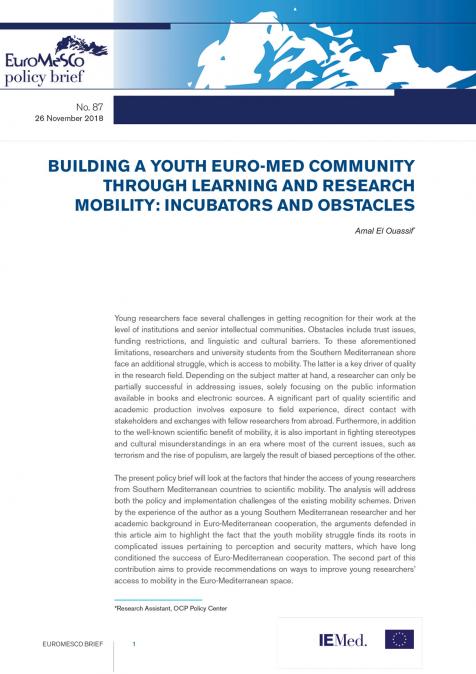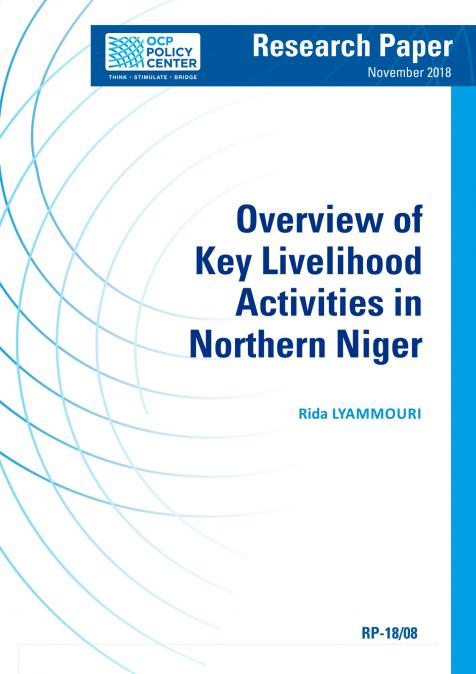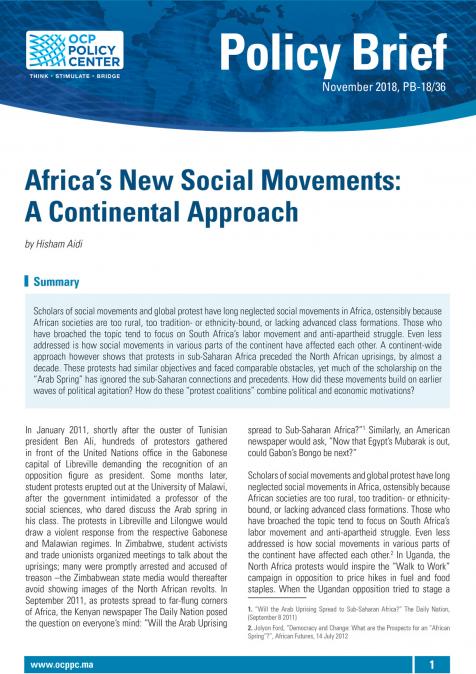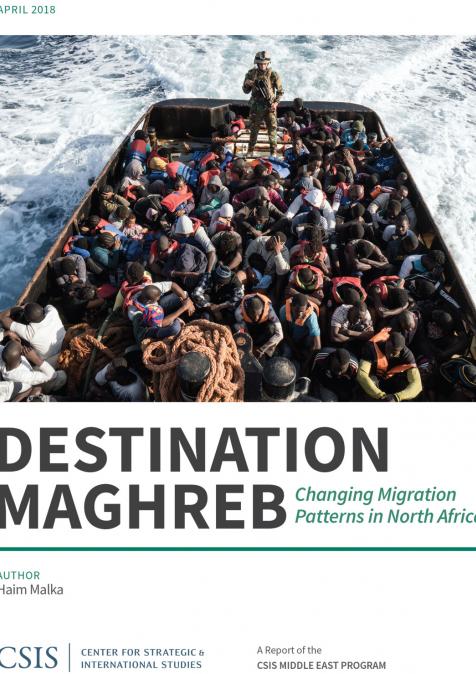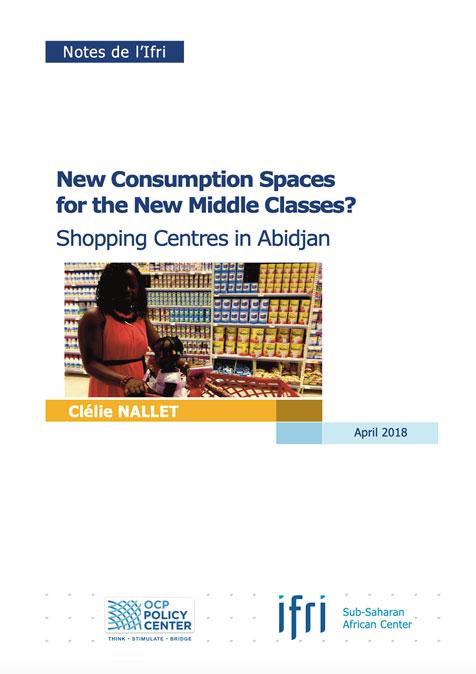Publications /
Policy Paper
Nigeria’s cultural and creative industries (CCIs) illustrate the dynamic interplay between cultural production and economic growth. Through Nollywood and Afrobeat, Nigeria has effectively leveraged its creative capital to strengthen its economy and broaden its global cultural influence. These sectors show how local cultural elements can be blended with universal themes, achieving widespread resonance. Beyond their economic contributions, these industries play crucial roles in cultural diplomacy and nation branding, significantly enhancing Nigeria’s soft power globally. This paper contextualizes CCIs within their historical and economic frameworks, and addresses key debates in the field, such as the tension between the economic commodification of culture and the pursuit of authenticity. It also challenges the traditional view of ‘cultural imperialism’, which suggests a one-way flow of culture and aesthetics from the North to the South. The opening sections delve into the origins of Nollywood and the growth of Nigeria’s music scene, illustrating how crises can spur a surge of creativity and a do-it-yourself mindset crucial for success in these sectors. The impact of digitalization and networking on content circulation and collaboration is also explored, highlighting how these sectors now generate significant revenue and create jobs, despite facing challenges including copyright issues, funding gaps, and infrastructural deficiencies. The second part of the paper examines how Nigerian cultural exports are perceived and received in other African nations, including the DRC, Tanzania, and Cameroon, through the lens of soft power and cultural diplomacy. It highlights how Africans adapt other African products to their national contexts, and the different combinations that derive from these exchanges. The paper then discusses how Afrobeat has achieved global prominence, turning Nigerian artists into icons of the ‘African dream’. This approach breaks away from the cultural imperialism theory, redefining soft power within an African framework.


